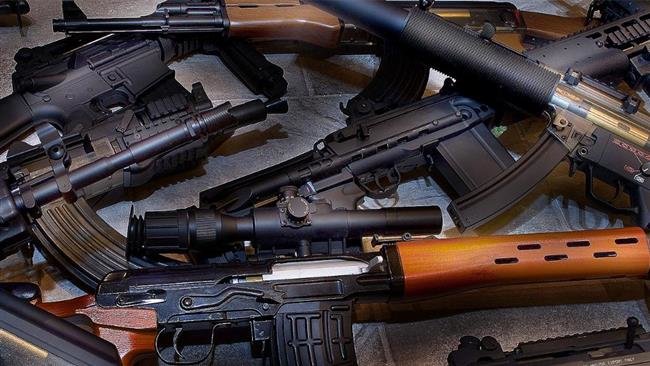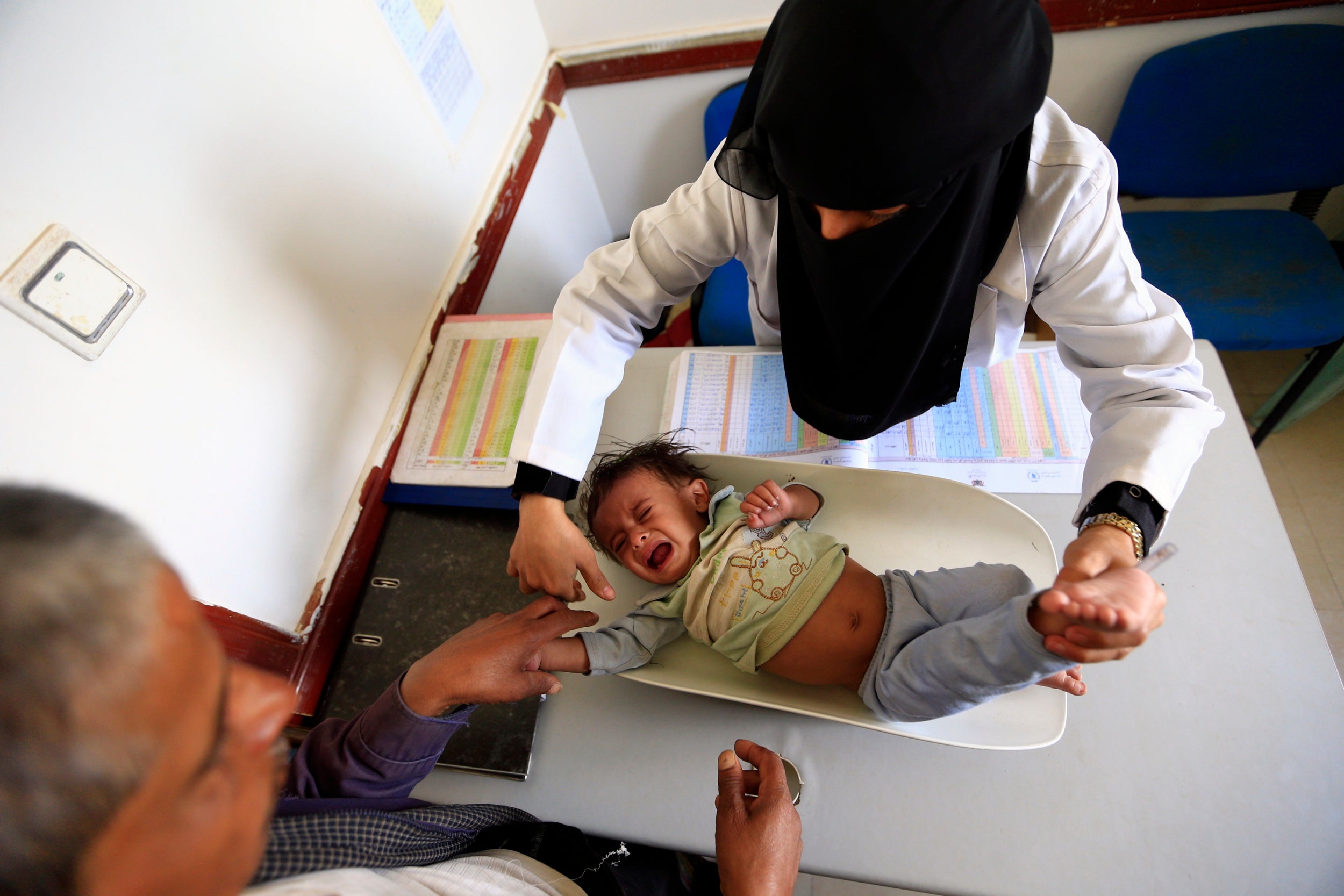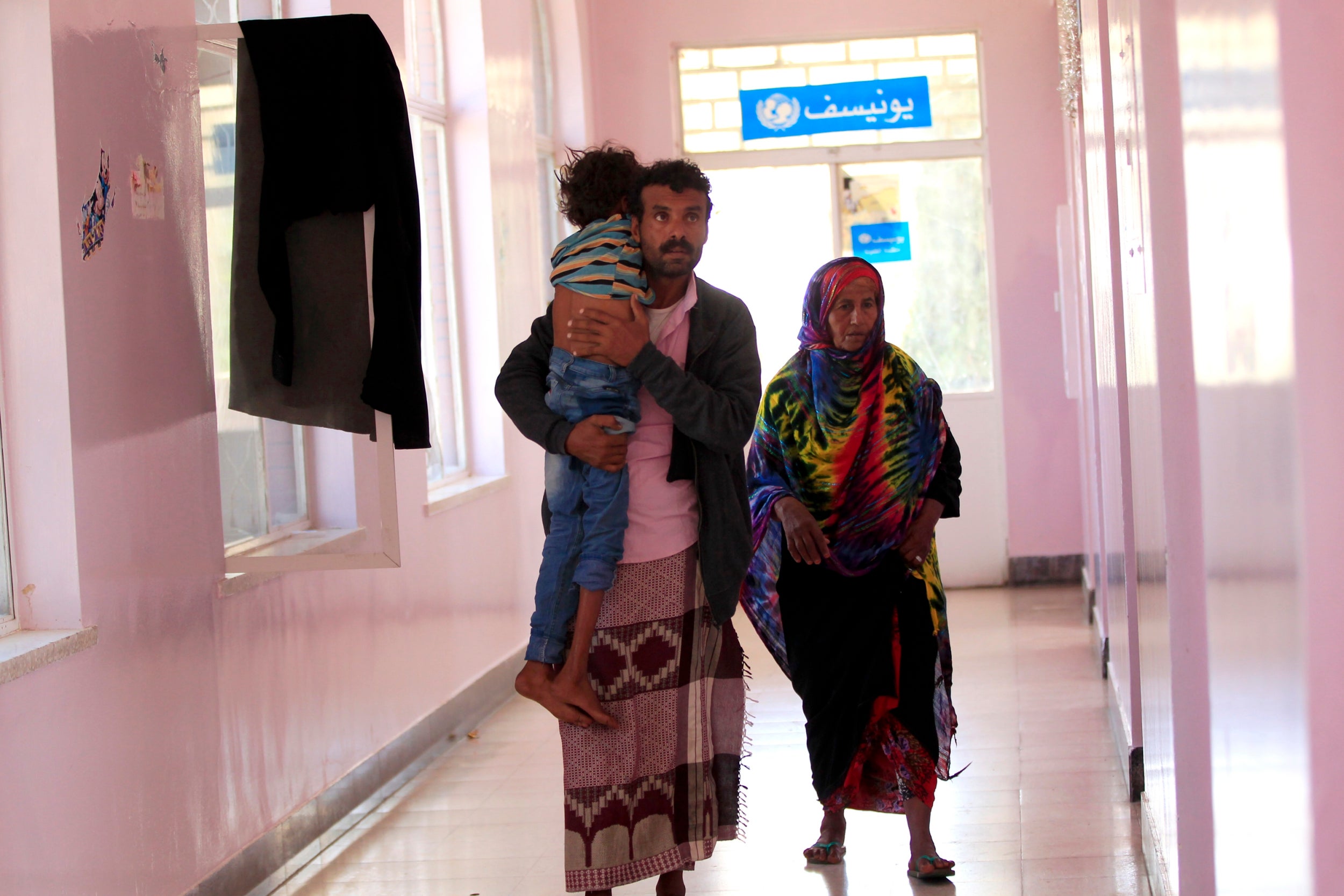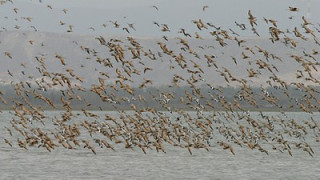
Theresa May’s refusal to curb weapons exports is ‘on the wrong side’ of international humanitarian law
British arms sales to Saudi Arabia are causing “significant civilian casualties” in Yemen and are probably illegal, a damning parliamentary report says today.
Theresa May’s refusal to curb weapons exports has been condemned by peers who conclude it is “on the wrong side” of international humanitarian law.
The prime minister has faced down calls for a ban – on sales worth a staggering £4.7bn since the brutal war in Yemen began in 2015 – despite the growing humanitarian disaster.
An estimated 85,000 children under the age of five have died from extreme hunger or disease in a war between a Saudi-led coalition and Iran-backed rebels. Up to 14 million people are at risk of famine.
Independent experts have highlighted “extraordinary rates of civilian deaths by airstrikes” carried out by the Saudi coalition, with about 166 people dying every month last autumn.
Read more
Now the House of Lords International Relations Committee says the prime minister must rein in arms sales to Riyadh “as a matter of urgency” – describing the situation in the country as “unconscionable”.
“We do not agree with the government’s assertion that it is narrowly on the right side of international humanitarian law in the case of licensing arms exports to the Saudi-led coalition,” said Lord Howell, its Conservative chairman.
“It is narrowly on the wrong side: given the volume and type of arms being exported to the Saudi-led coalition, we believe they are highly likely to be the cause of significant civilian casualties in Yemen, risking the violation of international humanitarian law.
“The government must address the root causes of the suffering – the conflict itself – and be prepared to suspend some key export licences to Saudi Arabia and members of the coalition.”
Children suffering from acute malnutrition in Yemen




The report calls on the government to:
* Stop “relying on assurances by Saudi Arabia” that UK weapons are not being used in breaches of international humanitarian law
* Warn the regime, and Iran, that failure to back the Stockholm Agreement – which agreed to a partial ceasefire – “would have negative consequences”

* Provide greater support to the United Nations’ secretary general for Yemen and throw its weight behind the UN peace process
* Stand ready to use its role as “penholder”, or chairman, at the UN security council to “intervene if peace talks are not progressing and if blockages arise”
Read more
UN admits key Yemen truce failing as aid groups warn of food crisis
Child soldiers from Darfur fighting at front line of war in Yemen
Six times as many killed in Yemen war than previously thought: report
Jeremy Corbyn has demanded a ban on arms sales to Saudi Arabia, pointing out that “Germany, the Netherlands, Norway and others” have already done so.
But ministers have insisted that exports are assessed “against strict criteria” and stopped if “there is a clear risk that the items might be used in the commission of a serious violation of international humanitarian law”.
Quizzed in the Commons in December, the prime minister ducked the controversy, insisting: “The question of providing for those people who are suffering terribly in the Yemen today is about ensuring that there is a political solution in the Yemen.
“We believe that there is an opportunity for that now and that is what we have been encouraging all the parties to come together for.”
Independent
















Leave a comment